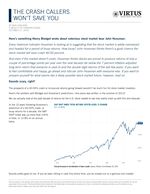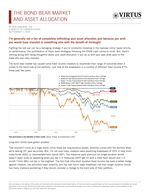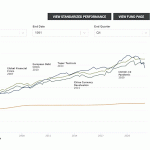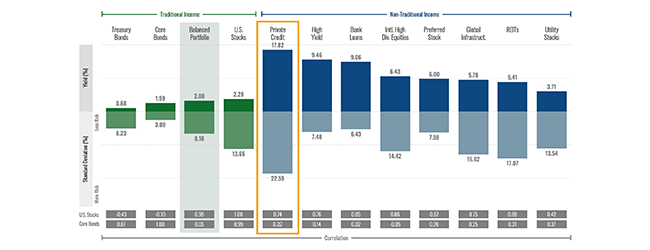Investment Case: Virtus InfraCap U.S. Preferred Stock ETF
Learn more about an underutilized and under owned bond alternative, preferred stock. We tackle the basics, discuss the different types of preferreds, and the potential benefits of taking an active advantage in preferreds in the current market environment.
.jpg)


.jpg)



.jpg)



